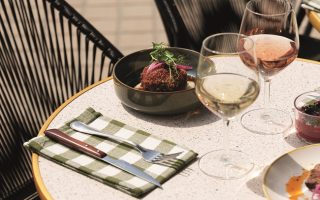The Diversity of Luberon’s Wines
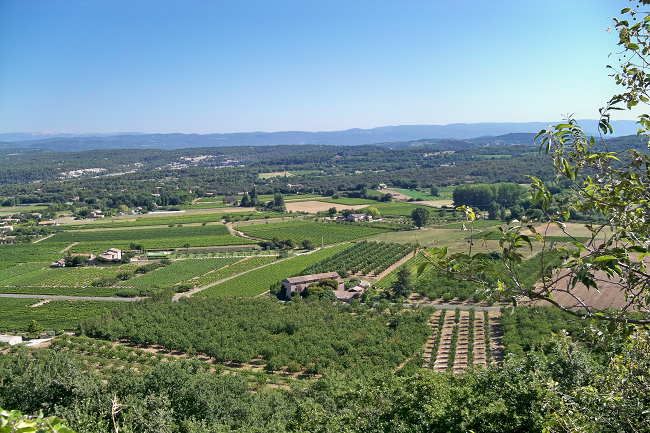
In Provence’s most exclusive hills, you can discover the true diversity of Luberon wines.
It is hard for today’s tourists to imagine pre-1980s Luberon: a forgotten land of windswept hills and tumbledown farmsteads, hidden away from the chic coastal resorts around Marseille.
All of that changed in 1989 with the release of Peter Mayle’s bestseller, A Year in Provence, which spurred a steady stream of newcomers to Luberon, from affluent city-slickers looking for a French country retreat to high-profile politicians in search of a refuge from prying eyes.
A year earlier, in 1988, Côtes du Luberon gained full appellation status for its wines – going on to become AOP Luberon in 2009 – but the region’s wines struggled to find markets.
These were the days before the explosion in popularity of Provence rosé, and it wasn’t until the early 2000s that a dynamic group of local cooperative cellars, Marrenon Vignobles, along with a few ambitious independent estates, began to drive the region’s wines into the limelight.
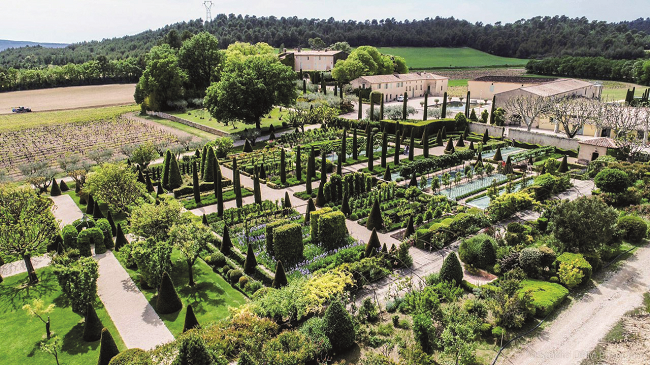
© E PERRIN
The ingredients were always there: a vineyard area that nestles in the Alpine foothills at an altitude of between 200m and 500m, with warm days tempered by cool nights. Luberon is part of the Rhône family of appellations, but its scattered hillside vineyards are the quintessence of rural Provence – a long way from the torrid low-lying fields of Châteauneuf-du-Pape near the banks of the Rhône.
This being Provence, more than half of Luberon’s wines are pale, dry rosés, made from the Syrah, Grenache, Carignan, Cinsault and Mourvèdre grapes. But this is historically red wine country, with Syrah the star of the show. The variety loves the Luberon’s relative coolness, making finely poised reds in a mosaic of different terroirs. At their finest, they resemble attractive country cousins of the great Syrahs of the Northern Rhône, with sappy dark berry flavours and grainy tannins. In recent years, demand for white wines made at altitude in the south of France has sky-rocketed, and Luberon is ideally placed to ride the wave. Whites represent 23% of Luberon’s production – the same as its reds. Grenache blanc, Vermentino, Ugni blanc, Clairette and Bourboulenc grapes grown on high slopes offer the flavour profile that today’s wine buyer desires: ripe, exotic flavours combined with effortless mineral freshness.
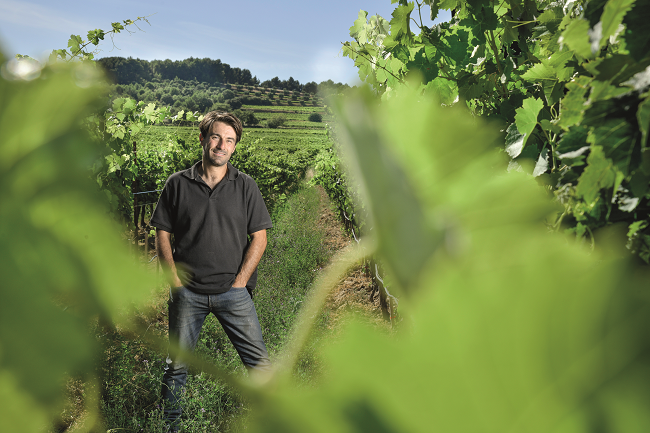
© E PERRIN
Dominic’s Choice
- Mas des Infermières
masdesinfermieres.com
Choice wine: Luberon Rouge ‘Source’ 2020 - Château Val Joanis
www.val-joanis.com
Choice wine: Luberon Rosé Cuvée Joséphine’ 2022 - Domaine Le Novi
www.domainelenovi.com
Choice wine: Luberon Blanc ‘Terre de Saffres’ 202
From France Today magazine
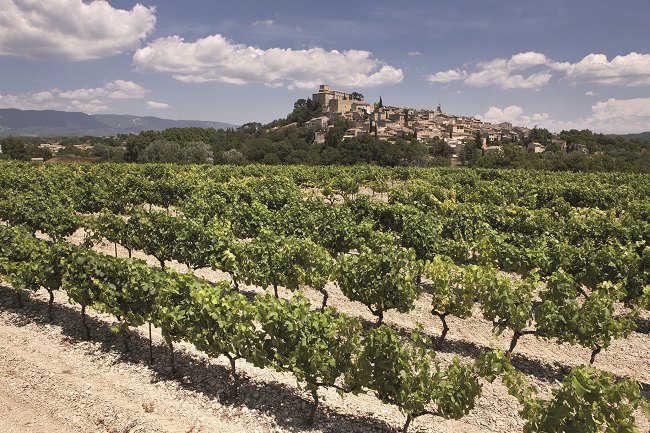
© Christophe-Grilhe
Lead photo credit : ©Véronique PAGNIER/Wikimedia Commons
Share to: Facebook Twitter LinkedIn Email
More in French wine, Luberon, Provence, South of France, vineyards
Leave a reply
Your email address will not be published. Required fields are marked *



